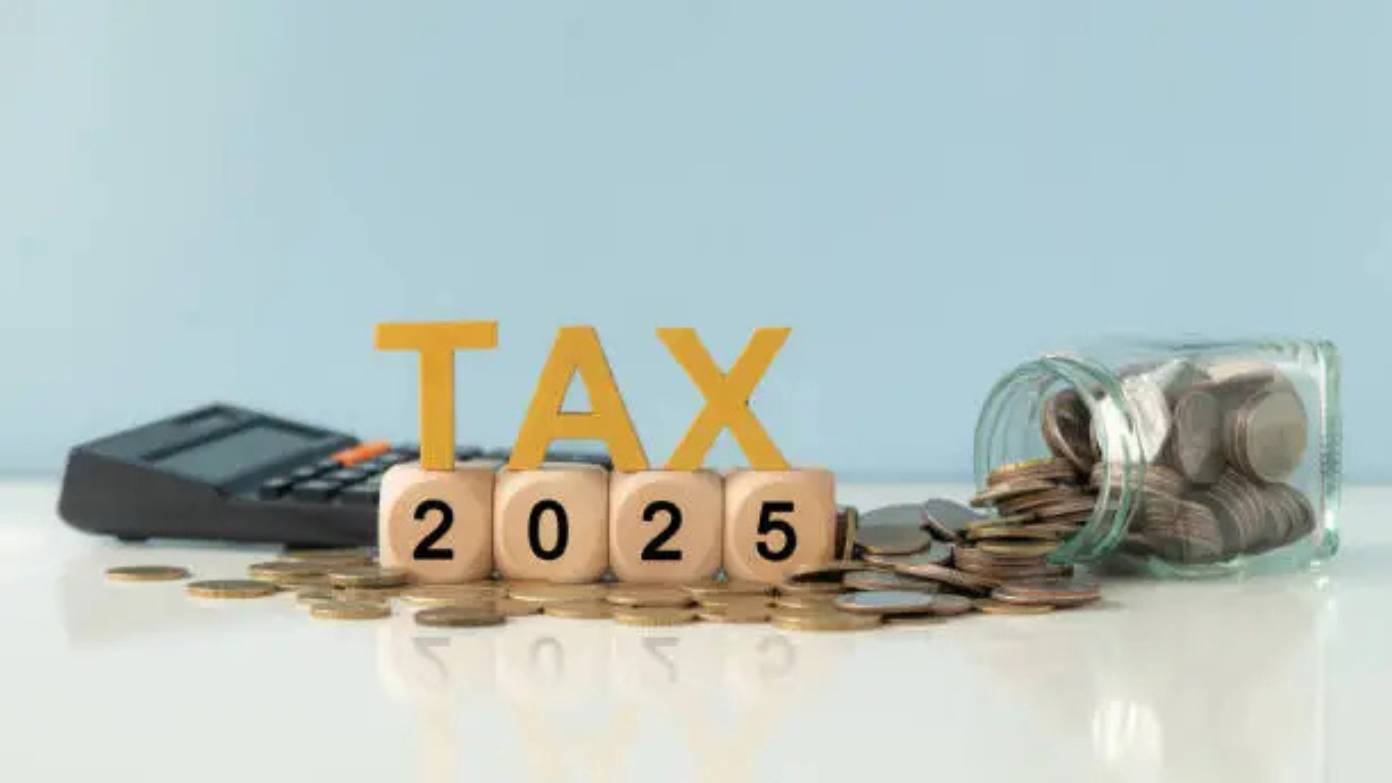It is difficult to determine if you need to file taxes, particularly if your income is modest. For a person with $10,000 earned in one year, based on age, status, and category of income, you might or might not need to file taxes. This article gives an overview of the tax filing requirements for a person making $10,000 according to the existing tax laws and exemptions.
Knowing tax filing thresholds
The IRS establishes income ranges annually that determine if you are required to file a tax return. These are different depending on your filing status and age. For tax year 2025, the general deductions are:
- Single filers under age 65: $15,000
- Single filers 65 and older: $17,000
- Head of household under age 65: $22,500
- Head of household 65 and older: $24,500
- Married filing jointly under age 65: $30,000
- Married filing jointly 65 or older (One spouse): $31,600
- Married filing jointly 65 or older (Both spouses): $33,200
- Married filing separately: $5 (any age).
If your gross income is less than these and you do not have any other source of income that you must report (e.g., self-employment income), you will usually not need to file a tax return.
Special circumstances requiring filing
Although your income is less than the standard deduction, there are situations in which you would need to file a tax return:
- Self-employment income: If you have $400 or more of net earnings from self-employment, you are required to file a tax return no matter the age or filing status.
- Interest, dividends, or capital gains: If you earn income from these sources, you will have to file a return.
- Tax credits: You must file a return to claim tax credits such as the Earned Income Tax Credit (EITC) if you qualify.
Advantages of filing even if not mandatory
Although you are not required to file a tax return if you have income under the threshold, filing has advantages:
- Refundable credits: You might qualify for refundable credits such as the EITC or Child Tax Credit, which can offer a refund even if you have no taxes to pay.
- Tax refund: If taxes were withheld from your income, a return allows you to receive a refund.
- Record keeping: Upon filing a return, a record of earnings is established that would be advantageous to have in subsequent financial matters, like obtaining a loan or extending credit.
Coordinating tax responsibilities
If you like to file a tax return, below are some guidelines in handling your tax responsibility properly:
Making a choice between itemizing and taking standard deduction
- Standard deduction: This is a fixed amount you can deduct from your income, depending on your filing status. It’s often easier and faster than itemizing.
- Itemizing deductions: If your itemized deductions are greater than the standard deduction, you can pay less in taxes by itemizing. But this requires keeping good records of expenses like medical expenses, mortgage interest, and charitable donations.
Seeking professional help
If you are not sure whether to file or what to do, a tax professional can clarify and help you claim all the credits and deductions you are entitled to.
For a $10,000 earner, tax filing is usually not necessary unless there are unusual situations such as self-employment income or qualification for refundable tax credits. Filing may be worth it for refund recovery or creating evidence of income. Knowing your precise situation and being informed of professional guidance can overcome the hassle of tax filing.

